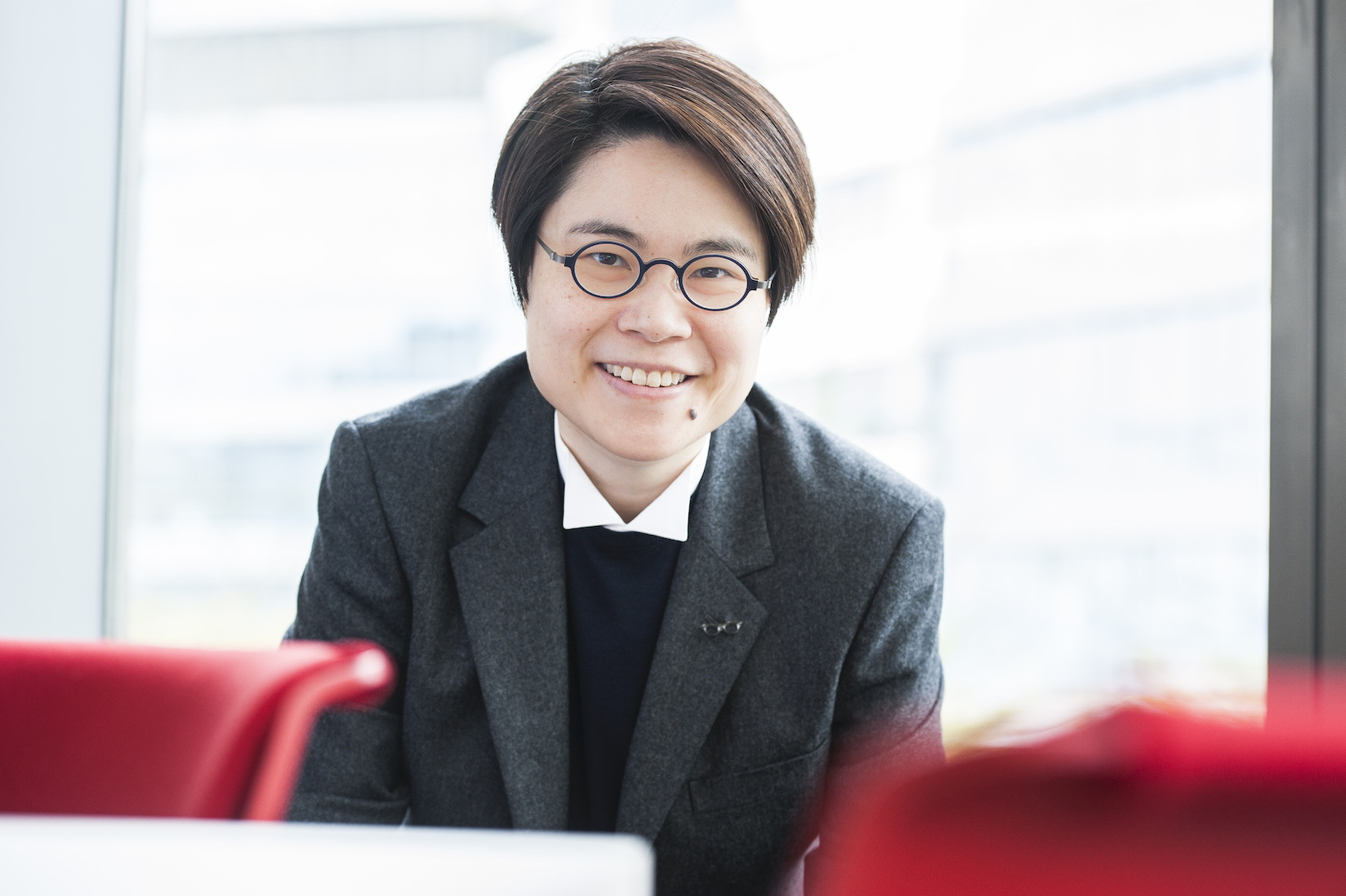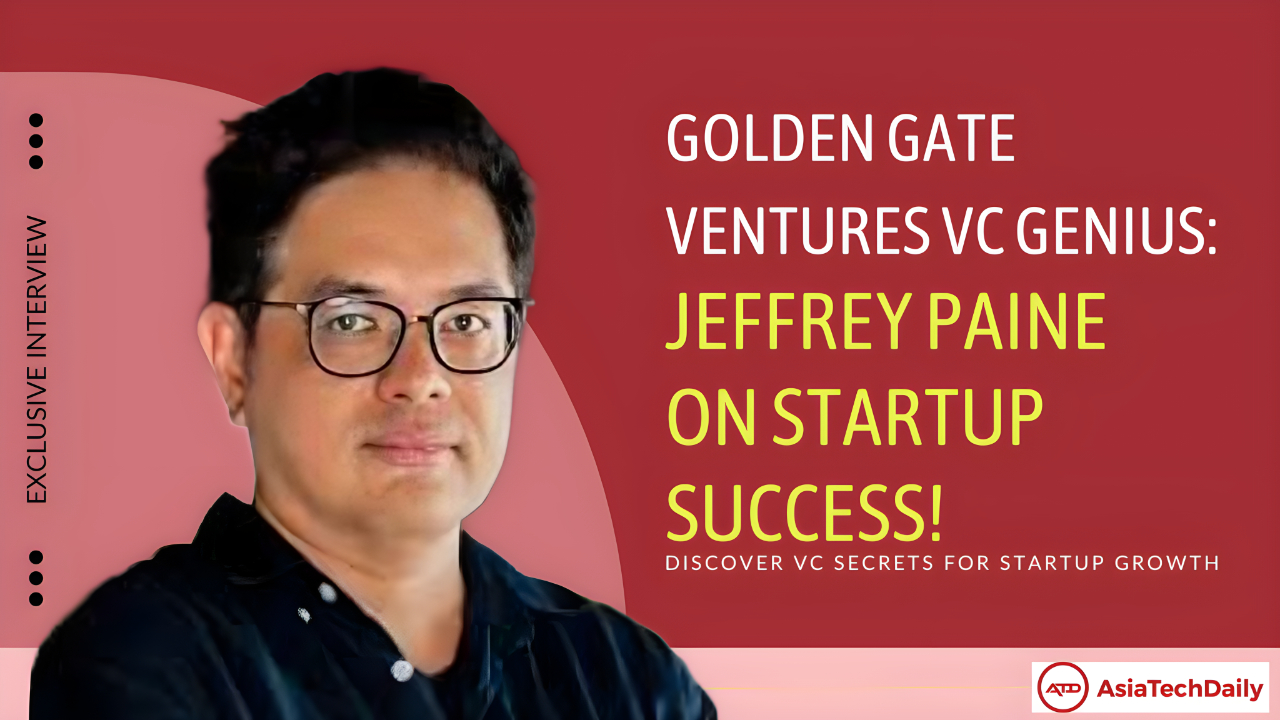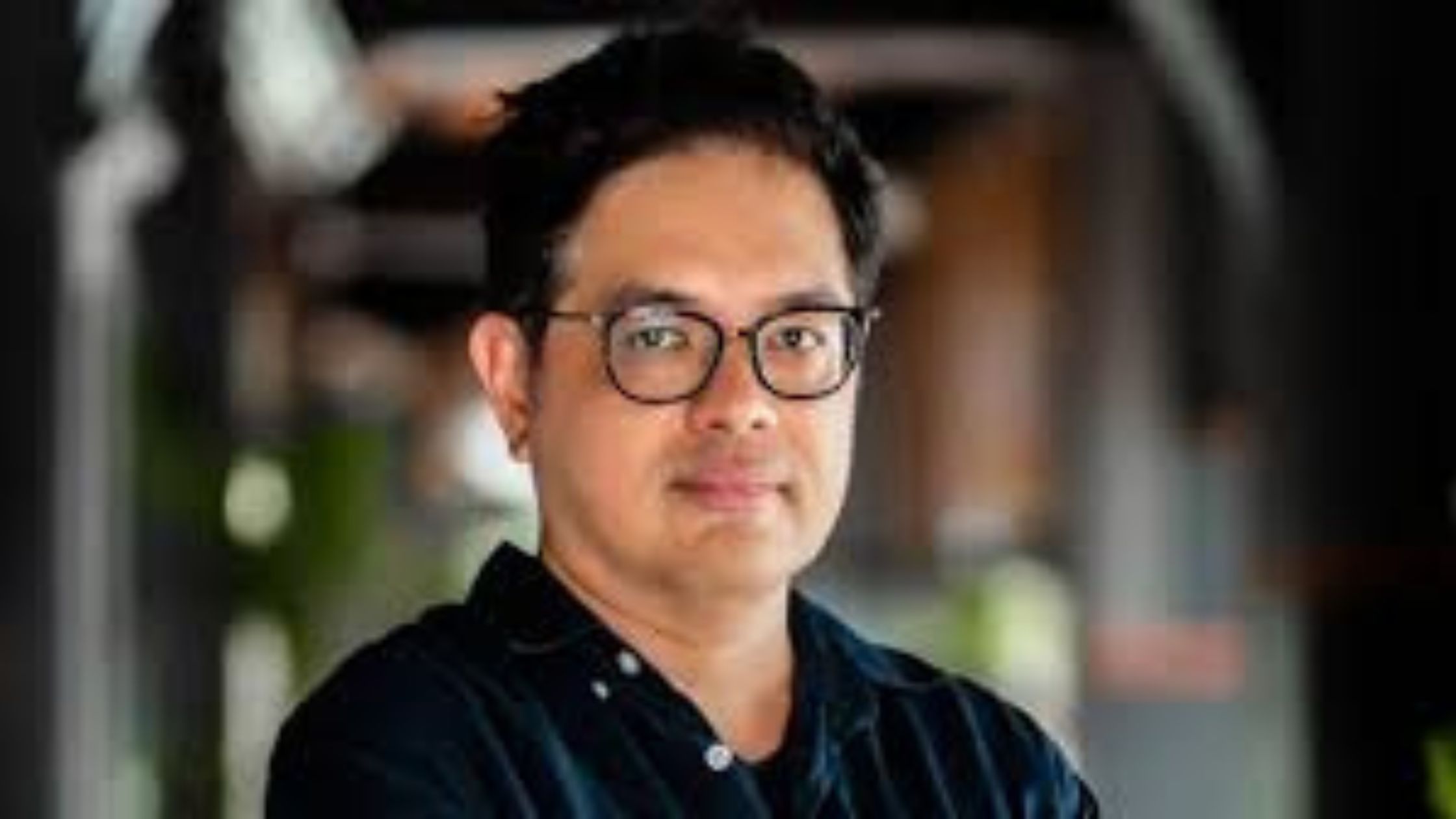AsiaTechDaily – Asia's Leading Tech and Startup Media Platform

Vince Chan – Shaping The Future Of The Learning Industry And EdTech
Vince Chan is the co-founder of Creta Ventures and the Chicago Booth Angels Network. Creta Ventures is focused on building a venture investment portfolio of educational assets around the globe while Chicago Booth Angels is aligned towards developing a cross-border intelligence network. Building on her education at Yale, Chicago and Toronto, she brings 25 years in the United States, Asia, and China of cross-functional strategic billion-dollar investment leadership, economic and financial data analytics capability, cross-border management, and entrepreneurial skills.
Vince uses the multi-faceted insights she gained during her stints with Goldman Sachs, Standard & Poor’s, Hong Kong Monetary Authority, TCW Asset Management, Deloitte & Touche as well as PricehouseCoopers to advocate for far-reaching paradigm shifts in education and learning. In the past six years, this accountant-banker turned passionate EdTech entrepreneur has cautioned businesses and educational institutions to prepare for a seismic shift in the merging worlds of work and education. As a regular speaker and moderator on the international EdTech conference circuit, she has focused on cutting- edge topics such as the global skills gap and the need to overhaul human capital development.
Vince Chan is the author of two popular career development books, read by tens of thousands of fans in China. “MBA War Stories” and “Investment in yourself” not only draw on Vince’s experience as MBA applications mentor to Chinese students but also chronicles her own career path – from humble beginnings as the only child of immigrant parents to attaining an Ivy League education and landing a top job as a billion-dollar fund manager.
Vince’s inspiring life story and insightful guidance to ambitious youngsters in Asia have attracted wide media attention. She has a strong online, print, television and radio presence, has written columns on tech innovation for leading publications such as Forbes China, and is a frequent guest speaker at leading Chinese universities, where she serves as a visionary role model to the next generation.
In an exclusive interview with AsiaTechDaily, she says
“Do not follow my footsteps or footsteps of others. Never try to be Jack Ma (or any celebrity you admire). Be true to yourself. Do things with your heart and head. Make your own mark.”
Read on to know more about Vince Chan, her thoughts on entrepreneurship and her investment principles.
What background and domain expertise do you have? What makes you turn into an investor?
Vince Chan: I am amongst the most qualified and tested leaders shaping the future of the learning industry and education technology. Building on my education at Yale, Chicago and Toronto, I bring 25 years in the United States, Asia, and China of cross-functional strategic billion-dollar investment leadership, economic and financial data analytics capability, cross-border management, and entrepreneurial skills. The multi-faceted insights developed at Deloitte, PricewaterhouseCoopers, Goldman Sachs, Hong Kong Monetary Authority, Standard & Poor’s as well as TCW Asset Management have prepared me thoroughly resilient to boom and busts since 1995. I have the maturity and gravitas to engage with high-level global stakeholders across academia, business, and government.
I am the co-founder of Creta Ventures and Chicago Booth Angels Network (Hong Kong and Greater Bay Area) respectively. Creta Ventures is building a venture investment portfolio of educational assets in China and globally across various vehicles. One noteworthy example is our series B investment in Make School in San Francisco. In the latter, we are developing a cross-border intelligence network — through our inaugural BóLè Forum in March 2019 —- for Chinese investors and entrepreneurs.
Between juggling my professional roles, I find time to serve as an expert coach to Schwarzman Scholars at Tsinghua University and MBA entrepreneurs at the University of Chicago. I am also the author of two popular Chinese-language career development books — MBA War Stories and You are your Angel Investors — as well as many articles in Bloomberg and FinanceAsia. I am currently writing my 3rd book co-authored with a Chinese unicorn CEO on the future of education. Stay tuned!
What would be the core factors that you decide “Not” to invest in certain companies?
Vince Chan: We don’t know what we don’t know. Investors, especially those who are considered “smart” and “successful” think that they know everything about what they invest in. Yet, in reality — in life and in business — there’s always a factor of the unknown that empowers ego and clouds judgment.
So, in every opportunity I look into, I always try to assess the risk — i.e. the unknown factor — its relevance, its magnitude, its substance as well as its.
By this logic, I won’t be interested in:
- Something that I don’t understand
- Someone whom I don’t understand
- Someone who doesn’t understand the core of the problems they try to solve but pretend they do and who have a low potential of figuring it out in the future
We get to know specific deals and their founders through accelerators, incubators, personal networks, business contacts, and cold calling. I will never invest in a company on the first day we meet. I take the mutual relationship-building process seriously. I am leaned towards investing in those whom I witness how they grow, suffer, and rebound over time. That’s the living proof of survival and resilience.
What would be the KPI that you usually check about the startups’ growth? It may diverse in each industry like LTV, CAC, MoM, but it would be helpful to understand more about your additional investment factors.
Vince Chan: First of all, measurable KPI aside, I am fundamentally convinced by founders who are genuine and realistic about the problems they solve, the products they build, the vulnerabilities they face and the lives they develop.
In terms of quantitative measures, in the businesses of education and skill development, some industry-specific parameters are helpful — for instance, student conversion rate, student contract renewal rate, cashflow realization rate, revenue recognition growth, etc.
What is the investment range and in a typical year, how many startups do you invest in? Do overseas headquartered startups have a chance to get investment from you or should they be headquartered in certain specific countries?
Vince Chan: There are a lot of factors influencing the investment range and the number of investments, such as the funding stage, the funding size, the risk profile, the business nature, the financial health, the team, the valuation, etc. So, it’s hard to generalize the investment range and the number of startups per annum. At the end of the day, it all goes down to the fund requirement and policies as well as the negotiation process.
To me, where the headquarters is located is not a major issue.
What are the main factors why startups fail as per your experience “AFTER” getting investment and how can they prevent mistakes in advance from your personal perspective?
Vince Chan:
- Cash flow management — sustainability, growth, and quality
- Revenue generation — again, sustainability, growth, and quality
- Corporate governance — how they manage and build the operational and management teams through growth stages
What’s your advice to entrepreneurs who have a chance to meet investors like you? What are the top 3 questions that you always ask the founders?
Vince Chan:
- Why you do what you do?
- Why do you think the problems you try to solve are economically important and relevant to your target market segments now and from this point onward?
- What qualities, resources, and experience do you possess and have access to which allow you to stand the best chance of achieving milestone success?
Right after being an investor like in the early days, there must be some tough times in building up the first fund along with building up a second fund or giving back the good returns to those LPs. If there are any similar tough times like this, please tell us more about it and how you (or your team) overcome the difficult times.
Vince Chan: Everything is difficult before they become easy. I’ve had experience in raising US$1B within 6 months from 40 institutional investors at the peak of the market well- supported by a variety of corporate and banking resources. That was the first fund I’ve ever raised for a big reputable house. It sounded easy but it wasn’t — we had more than 50% of LPs rejecting us before or after our meetings. The reason was simple — the first of its kind in a market managed by a first-time manager (me) at an established fund house at the market peak. LPs do not like anything untested; to them, that is an additional risk.
Later these years, I’ve had experience in not raising funds at all when the market sentiment was not favorable and our team was not good enough. But at the end of the day, up or down market, first time or serial fund, RMB or USD, every fund team faces doubt and rejection at different points in time. So, as in any entrepreneurship, we need to be flexible and adapt different approaches as and where we see fit.
What’s your general thought about the term “Global” and what are the important factors (criteria) for local startups to consider an international expansion?
Vince Chan: Global positioning, strategy, product, segment, customer, partners, stakeholders — global means all of the above or some of the above in one company. As a company grows globally, it can’t be all at once. So, they start the global adaptation in one part of their offerings first, collect feedback and refine the mistakes until they get it right for that market. Eventually, rolling out a full cross-border launch stage by stage country by country in the future.
What kind of startup (or tech) industry will impact the world in the near future like 2-3 years locally (in your country) and globally in your own personal view?
Vince Chan: Human-machine augmented intelligence in B2B and B2C applications across every industry will remain a major topic in the next few years. The likes of 5G, AI technology all look for sustainable application and monetization opportunities across consumer groups and corporate businesses.
What are the one or two things that you would do differently if you could go back to 10 years ago?
Vince Chan: I would dig deeper and wider into the practical studies and the ethical applications of data science and neuroscience that transcends humans and machines.
As you know, our company group name is “beSUCCESS”, what’s your definition of the term “success” as an investor or as an individual human being?
Vince Chan:
- Do not follow my footsteps and footsteps of others. Never try to be Jack Ma (or any celebrity you admire)
- I want to be recognized and remembered as Vince Chan for what I have done and how many lives I have touched. You should be the same. Be true to yourself
- Do things with your heart and head. Make your own mark.
You can follow Vince Chan here. Elaine would also be a speaker at StartupCon 2019.
Are you looking to secure investment for your startup or a keen startup enthusiast, keep an eye on our interview section.
Follow Asia Tech Daily to know about the innovative startups and how they are revolutionizing the ecosystem.





